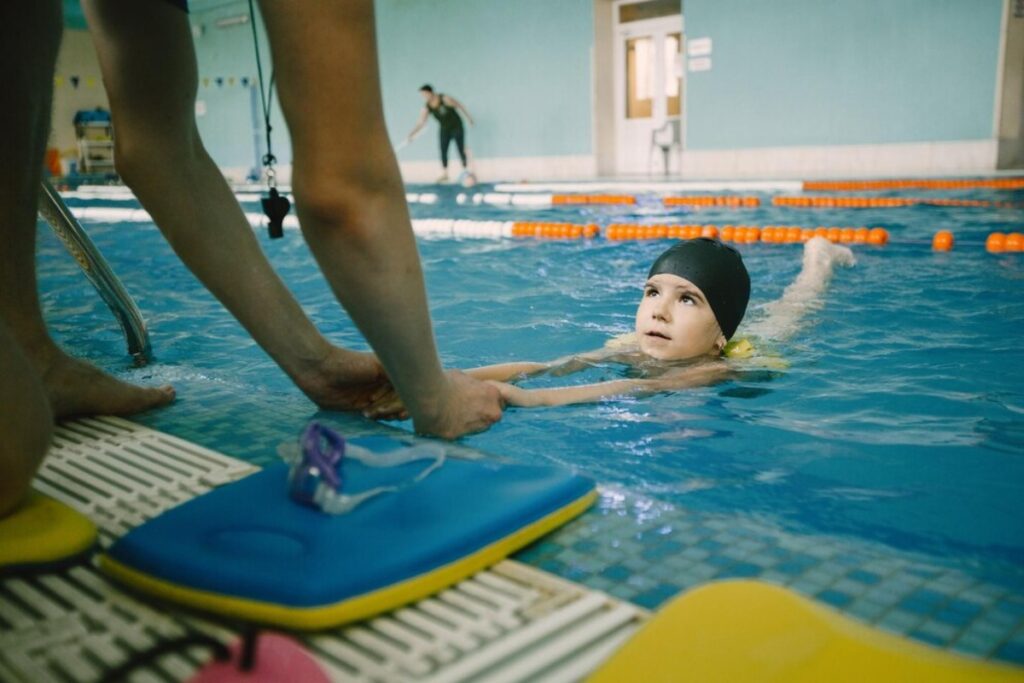Experts warn that the increasing costs of swimming lessons are resulting in a growing number of Dutch children not achieving their swim diploma.

Many children have to discontinue their swimming lessons because their parents can no longer afford or are unwilling to pay the raised fees.

Research by Nieuwsuur indicates a significant increase in the prices of swimming lessons in recent years.

Since 2018, parents have had to pay almost 30 percent more on average for swimming lessons. In some municipalities, this percentage has even soared to 70 percent.

For comparison, the average price increase of products and services in the Netherlands is 21 percent.

In euro terms, a swimming lesson now costs an average of 12 euros, whereas it was 9 euros before. Achieving just an A-diploma requires about sixty lessons, costing parents over 700 euros.

“Even though parents recognize the importance of swimming lessons, they decide to discontinue,” concludes Remco Hoekman, director of the Mulier Institute, which conducts sports research, in conversation with NOS.

This is concerning. “You want swimming safety to be accessible to everyone and for all children to have the opportunity to obtain an A, B, and C diploma.”

The number of children without a swim diploma has increased from 6 percent in 2018 to 13 percent, according to CBS figures.

Swimming pools attribute the rising costs mainly to higher energy rates, as it is expensive to keep a pool warm and clean.

In 2022, the government supported swimming pools with an emergency fund of 207 million euros, but according to operators, this does not solve all the problems. There are also increased staff costs and a shortage of lifeguards.

In bepaalde gemeenten worden ouders bijgestaan door (sport)fondsen die de kosten van zwemlessen voor hun kinderen geheel of gedeeltelijk dekken.

Niet alle gemeenten in Nederland hebben echter dergelijke fondsen en niet alle ouders die financiële ondersteuning nodig hebben, maken hiervan gebruik. Het Mulier Instituut uit hierover bezorgdheid:

“Om de ongelijkheid te verminderen, dienen gemeenten armoederegelingen breder beschikbaar te stellen. Het moet niet afhangen van de woonplaats of men recht heeft op een dergelijke regeling.”


